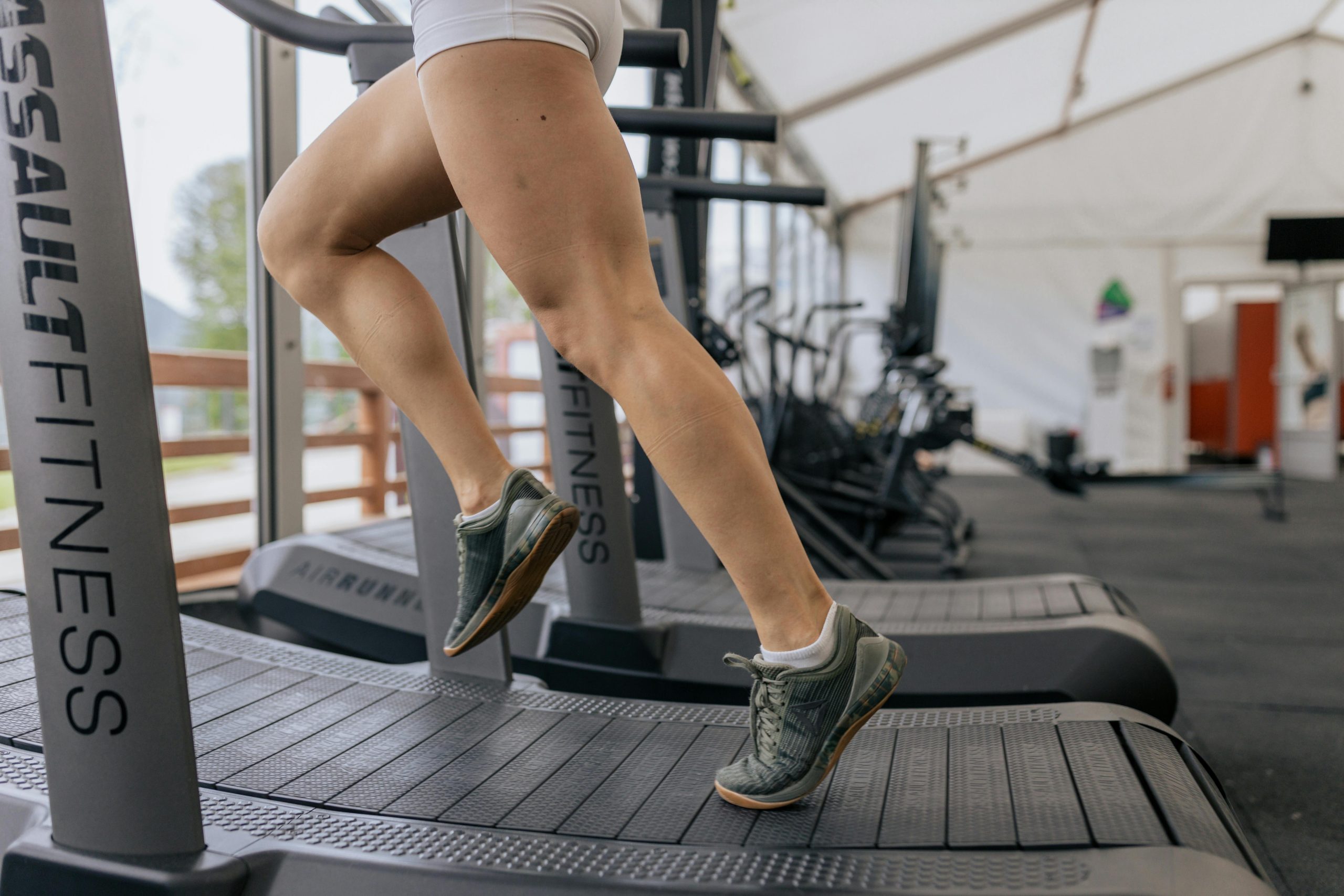We spoke with an exercise scientist to better understand body odour

Photo via Pexels.
Here at the Martlet, we’ve noticed that there’s been a recent uptick in Reddit posts complaining about body odour on campus. Naturally, we decided that we needed to get to the bottom of this phenomenon and look into what’s really going on.
I got the chance to sit down with exercise scientist and UVic professor Dr. Kurt Smith to dig deeper into the science of sweat, stink, and stress.
Smith studies the role that exercise plays in health and aging, specifically when it comes to the brain and the heart. He’s also in charge of the Cerebrovascular Health Exercise and Environmental Research Sciences (CHEERS) Laboratory, where he and his team use exercise to understand brain health.
First, Smith helped me understand what sweat really is. He says that there are two key types of sweat glands — apocrine and eccrine — which have different purposes in the body. Apocrine sweat is what we commonly think of when we talk about body odour. This type is found all over the body, and contains fats which bacteria on the surface of our body metabolises, or consumes. The waste product of this metabolism is the odour that we smell, says Smith.
“Eccrine sweat glands are the glands we would more normally refer to as sweat glands,” he said, explaining that these secrete mostly water and salts. This type of sweating is associated with exercise, and its purpose is to keep us cool while our bodies heat up because of movement.
Apocrine sweat is released for many different reasons, says Smith. “Emotional responses to social and mental stress, fear, pain, as well as sexual stimulation can all lead to the stimulation of apocrine glands and sweating,” he explained.
Smith says that there are lots of influences on students that might be likely to cause apocrine sweating, and thus body odour.
“Many social situations or classroom environments, deadlines, work, and other mental or economic stressors can trigger our autonomic nervous system, which activates apocrine sweat glands and causes stress sweat,” he said.
As an exercise science expert, Smith is passionate about the benefits that working out can have.
“A bounty of evidence supports the concept that exercise is medicine for not just our skeletal muscle, heart, and lungs, but also for our brain,” he said, adding that it acts as a “natural stress reliever.”
Smith explained that exercise increases our brain’s ability to adapt and respond to stressful situations, helping us to regulate ourselves, and therefore decreases our apocrine sweating response. Even though you might smell after an intense workout, you’re actually working to reduce your stress, which ultimately reduces your stress sweat, too.
Interestingly, athletes become more efficient eccrine sweaters as their bodies become used to constantly regulating their temperature, says Smith. This helps them to perform at such high levels without suffering the consequences associated with improper temperature regulation.
Smith also highlighted the difference between deodorant and antiperspirant, both of which Redditors seem passionate about introducing to their fellow students.
“Deodorant aims to eliminate the bacteria on the skin, specifically in highly apocrine-dense regions,” explained Smith, noting that antiperspirants differ because they attempt to stop sweating altogether.
“Many odour-eliminating products are hybridized, and contain various concentrations of both deodorants and antiperspirants,” he added.
Smith also emphasized that there are many social factors that affect the perception of body odour, and individual preferences for its elimination or acceptance. He also noted that, in a world where expenses are high — especially for students — the products we use to combat odour have become much more costly.
In the end, don’t sweat it! Sweating is a natural phenomenon that makes us human. Our bodies use this unique function to regulate our temperature and respond to outside triggers. For stressed-out students, our best measure against odour might just be sweating it out.






